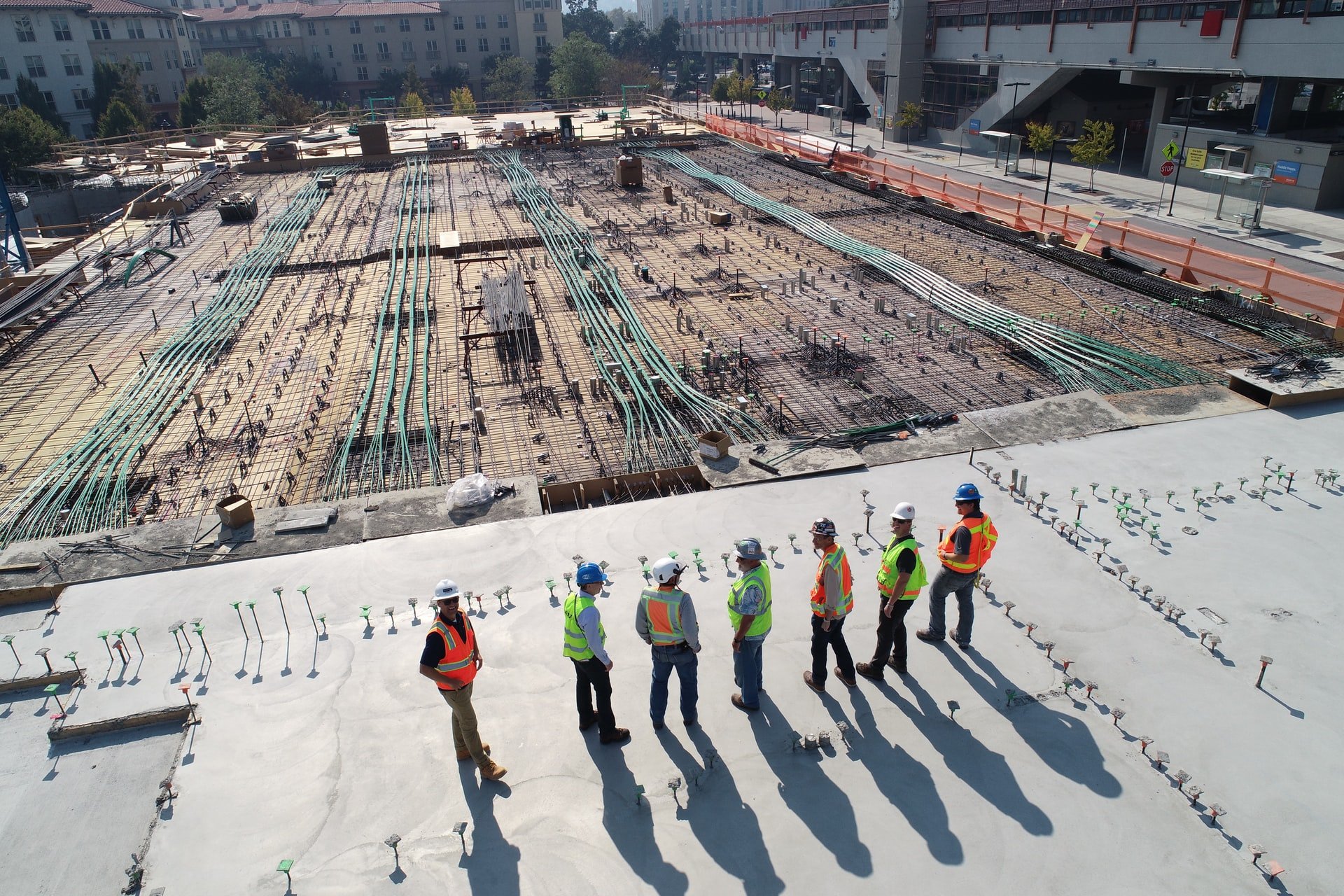Abstract:
Blockchain provides an opportunity to integrate digital information, management, and contracts to increase trust and collaboration within the construction industry. In this session, we will explain how Blockchain enables new forms of finance, planning and procurement. First, we will describe the reasons why we find that blockchain represents an excellent fit for the construction industry. Second, we will introduce ongoing use case implementations that we are working on at ETH Zurich. These include 1) Incentivizing high-quality data sets from building information modelling (BIM), 2) Smart performance-based contracts using digital twins, 3) Blockchain supported decentralised construction project governance, and 4) no1s1 - a house prototype for autonomous space as a decentralized autonomous organizations (DAO). Finally, we will give a very short overview of our proposed decision framework that can guide future implementers toward more connected and structured thinking between the technological properties of blockchain and the implementation of specific use cases in construction.
Join the lecture!
About the lecturers:
Daniel Hall is Assistant Professor of Innovative and Industrial Construction at the Department of Civil, Environmental and Geomatic Engineering of ETH Zürich. The overarching theme of his research is to enhance governance, productivity, and innovation in construction projects through a transformation from fragmented project delivery methods to new organizational models that integrate the supply chain of the vertically and horizontally fragmented construction industry. His work finds that in order to foster more innovation in products and processes, the AEC industry must embrace new technologies, governance strategies and organizational models.
His current research interests include: Industrialized Construction, Governance of Integrated Project Delivery, Blockchain in Construction, Adoption of Systemic Innovations, Industry 4.0, and Entrepreneurship in AEC.
Daniel holds a Doctor of Philosophy (2017) in Civil and Environmental Engineering (CEE) from Stanford University. He also holds a Master of Science (2014) in Civil and Environmental Engineering with an emphasis in Sustainable Design and Construction from Stanford University and a Bachelor of Science (2008) in Architectural Engineering from the College of Architecture and Environmental Design at California Polytechnic State University San Luis Obispo. He is founder and organizer of the Stanford Industrialized Construction Forum since 2014.
Jens Hunhevicz is a PhD candidate at the chair of innovative and industrial construction, ETH Zurich. The goal of his research is to investigate the applications and implementation of blockchain in construction for supply chain integration and innovative forms of governance. Jens Hunhevicz holds a Master of Science (2017) from ETH Zurich in civil engineering with areas of specialization in construction management and geotechnical engineering. Next to his studies in civil engineering, he completed the UNITECH International program. In addition, he gained practical experience as a civil engineer (Dr. Vollenweider AG & Rothpletz, Lienhart + Cie AG) and in supply chain management (Hilti AG).
Pre-reading material:
Hunhevicz, J. J., & Hall, D. M. (2020). Do you need a blockchain in construction? Use case categories and decision framework for DLT design options. Advanced Engineering Informatics, 45, 101094. https://doi.org/https://doi.org/10.1016/j.aei.2020.101094
Hunhevicz, J. J., Schraner, T., & Hall, D. M. (2020). Incentivizing High-Quality Data Sets in Construction Using Blockchain: A Feasibility Study in the Swiss Industry. In H. "Osumi “Furuya, Hiroshi”, “Tateyama, Kazuyoshi” (Ed.), Proceedings of the 37th International Symposium on Automation and Robotics in Construction (ISARC) (pp. 1291–1298). International Association for Automation and Robotics in Construction (IAARC). https://doi.org/10.22260/ISARC2020/0177

